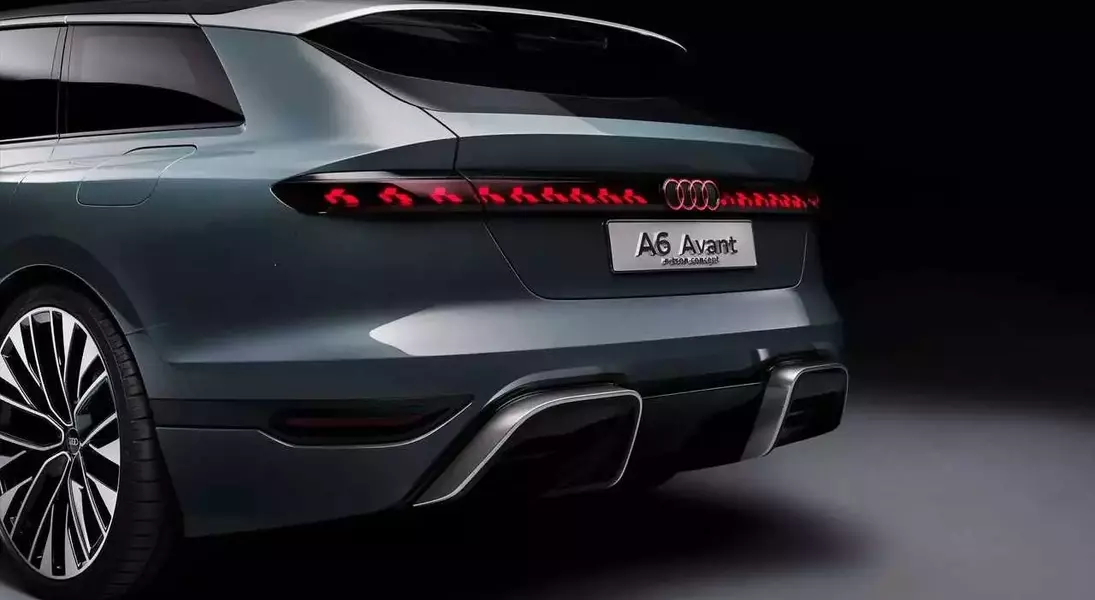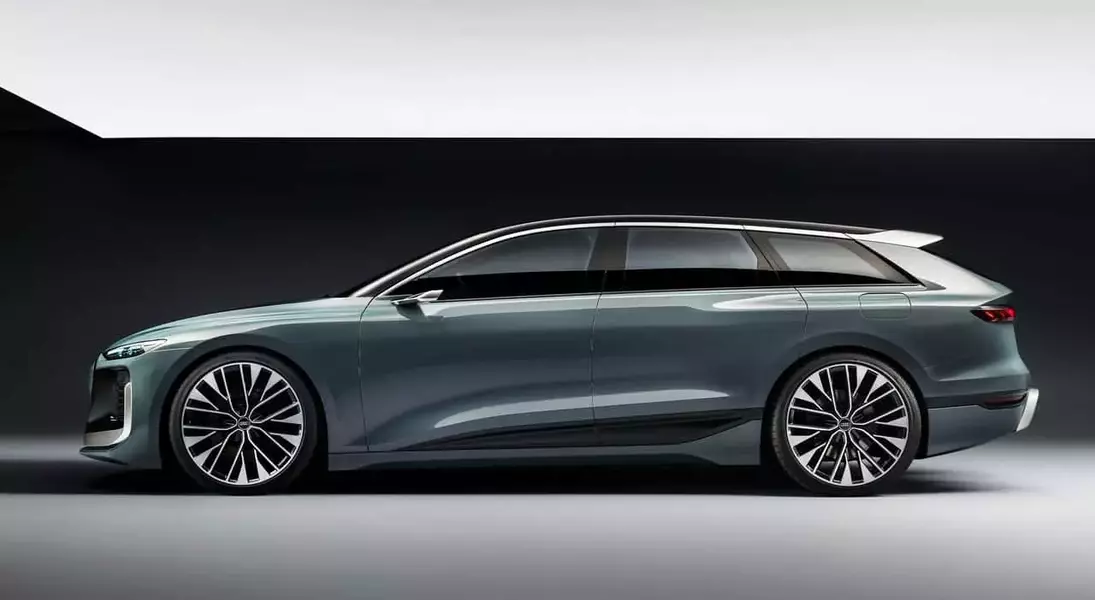



Automakers face a challenging period as the pace of electric vehicle adoption lags behind initial projections, leading to a strategic re-evaluation across the industry. In a notable move, Audi has reportedly shelved its plans for the highly anticipated all-electric RS6 E-Tron, a decision attributed to a perceived lack of consumer demand.
Audi's Electric RS6 Project Discontinued Amidst Shifting Market Dynamics
Sources close to the matter, as reported by Top Gear, indicate that Audi's electric RS6 Avant project has been terminated. This comes as a surprise, particularly after prototypes believed to be the RS6 E-Tron were observed undergoing tests in 2023. While an Audi representative refrained from directly addressing the rumors, they confirmed ongoing efforts in developing high-performance models based on the Premium Platform Electric (PPE), a joint venture with Porsche that underpins vehicles like the Macan EV and Audi Q6 E-Tron. This platform is rumored to support electric powertrains exceeding 700 horsepower.
The shift reflects a broader trend where the luxury high-performance electric vehicle segment is losing its unique appeal. Mainstream models, such as the Hyundai Ioniq 5 N, offer impressive performance metrics—641 horsepower and a 0-60 mph time of 3.3 seconds—at a significantly lower price point ($67,800). This has seemingly diluted the exclusivity once associated with high-end EVs. Luxury brands like Pagani and Koenigsegg have publicly acknowledged their clientele's minimal interest in electric supercars. Even Ferrari reportedly postponed its second electric vehicle project due to a \"zero\" demand, with Lamborghini's inaugural electric offering potentially facing similar challenges.
Audi currently offers the RS E-Tron GT, a powerful electric vehicle boasting 912 horsepower and a rapid 0-60 mph acceleration in just 2.4 seconds, leaving limited market space for another high-performance electric model, especially a station wagon variant. Instead, there are indications that Audi is developing a new combustion-powered RS6, which might incorporate some electrical assistance and feature a six-cylinder engine. While details remain unconfirmed, this forthcoming model is expected to represent the pinnacle of the A6 series.
The automotive industry is at a pivotal moment, grappling with evolving consumer preferences and the practicalities of transitioning to electric vehicles. Audi's decision regarding the RS6 E-Tron highlights the complexities of this transition, underscoring that even with advanced technology, market demand remains the ultimate driver of product development. This situation encourages a deeper reflection on how innovation meets consumer readiness and the intricate balance required to navigate the future of mobility.
